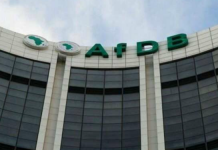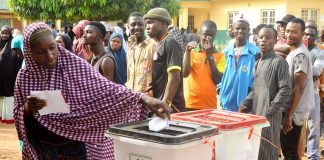Non-Oil Export Stimulation Facility
In its effort to diversify the economy away from over dependence on oil, the Central Bank of Nigeria (CBN) introduced the Non-Oil Export Stimulation Facility (NESF) to engender growth in the non-oil export sector of the economy, as well as, ensure growth of the nation’s foreign reserve.
The Facility will help redress the declining export financing and reposition the sector to increase its contribution to economic development.
Here are the Top 7 facts you should know about NESF:
- Eligibility Criteria
- Exporter must have business duly incorporated in Nigeria under the Companies and Allied Matters Act (CAMA)
- Has verifiable export off take contract(s).
- Satisfactory credit reports from at least two licensed indigenous Credit Bureau in line with the provisions of CBN Circular BSD/DIR/GEN/ClR/O4/014 dated April 30, 2010.
- Participating Financial Institutions (PFIs)
Deposit Money Banks (DMBS), i.e. Commercial banks
Development Finance Institutions (DFIs), e.g. Bank of Industry, Bank of Agriculture etc.
- Features of the NESF
Lending Limit
Term loans under the Facility shall not exceed 70% of verifiable total cost of the project subject to a maximum of N5, 000,000,000.00
- Tenor
The NESF shall have a tenor of up to 10 years and shall not exceed the 31st December, 2027.
Working capital/stocking facility shall be for one year with the option of roll-over once subject to the approval of the CBN.
- Repayment
Repayments of principal and interest shall be quarterly and in accordance with the agreed repayment schedule
- Moratorium
Moratorium shall be for one (1) year.
In case of construction, option of roll over for a period of up to one (1) year may be allowed, subject to approval by the CBN.
- Interest Rates
The Facility shall be granted at an all-inclusive interest rate of 90/0 per annum.













